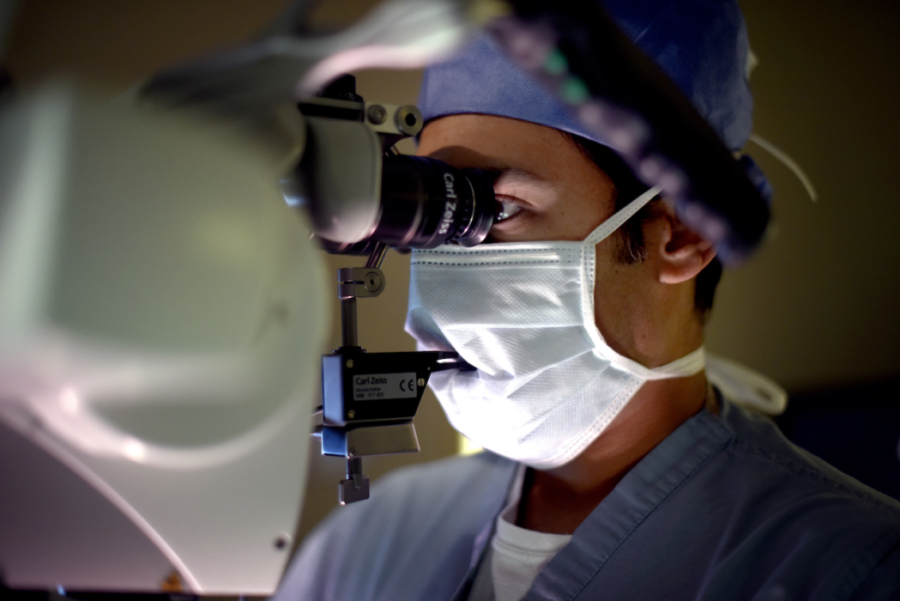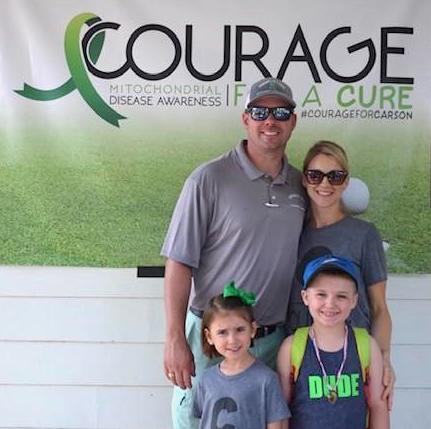Make a gift today to support education, lifesaving research and world-class care. Give Today ➔
Donors provide critical seed funding for innovative researchers to move science forward.

Donor support for research helped Baylor College of Medicine uncover the unlikely link between the gut microbiome and symptoms associated with complex neurological conditions similar to autism spectrum disorder. This discovery by Dr. Mauro Costa Mattioli, Ph.D., and his team led to a grant from the National Institutes of Health and could have implications for treating an array of neurological conditions. Baylor prides itself on its investigators who are finding new discoveries every day to improve healthcare, and with your support they are able to fund the research that leads to breakthroughs that change standards of care for all.
Baylor College of Medicine ranks No. 1 in Houston for National Institutes of Health funding since 2006.
Baylor College of Medicine ranks No. 23 in the nation for National Institutes of Health funding.
Twelve Baylor College of Medicine departments rank in the top 25 in research funding from the National Institutes of Health, including a No. 1 ranking in Genetics in Texas since 2011.
Baylor received over $40 million in COVID-19 research funding from generous donors and funding agencies to conduct more than 30 vaccine and treatment trials, including serving as a lead trial site for the Moderna vaccine. Furthering our global impact, Baylor partnered with Texas Children’s Hospital’s Center for Vaccine Development to develop CORBEVAXTM, a COVID-19 vaccine which received Emergency Use Authorization in India and underserved countries in December 2021. More than 14 million adults and adolescents have received free doses.
When Carson Crosby was three years old, he was diagnosed with mitochondrial disease, a rare, complex condition that has genetic origins. Read his story and learn how Baylor College of Medicine is leading research to combat this disease.



“When we lost my wife’s father to mesothelioma, we looked for an organization that is actively working to cure this horrible disease. We found Dr. David Sugarbaker years before his passing and knew we had a team that was a good fit for us and would do great things. After over 10 years of working with Dr. Sugarbaker and Dr. Bryan Burt’s team (in the Department of Surgery) and the Office of Advancement, we could not be happier with the progress and accomplishments they have made in the space of respiratory cancer.”